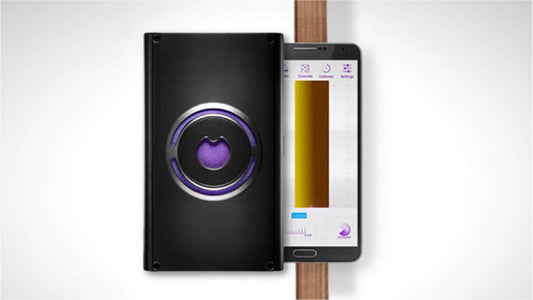Using regular screws in drywall can pose challenges due to the material's composition and the specific requirements for secure installations. Drywall is a relatively soft material made of gypsum sandwiched between layers of paper, and it requires appropriate screws designed for this purpose. This guide explores the considerations and best practices for using screws in drywall.
Understanding Drywall Screws
Drywall screws are specifically designed with features that make them suitable for use in drywall:
- Thread Design: Coarse threads that are sharp and spaced widely apart to grip the drywall firmly.
- Bugle Head: Flat head with a slightly rounded top to countersink into the drywall without tearing the paper surface.
- Size and Length: Typically #6 or #8 gauge with lengths varying depending on the application and thickness of drywall.
Why Use Specialized Drywall Screws?
- Prevention of Damage: Regular screws may cause the drywall to crack or split due to their sharp threads and unsuitable head design.
-
Ease of Installation: Drywall screws are designed to be self-drilling and easy to sink into drywall without damaging the material.

Tools and Materials Needed:
- Walabot stud finder
- Measuring tape
- Pencil
- Drill and appropriate drill bits
- Drywall screws
- Screwdriver or drill with screwdriver bit
- Safety goggles and gloves
Can You Use Regular Screws in Drywall?
- Avoid Using Regular Screws:
- Regular screws, such as wood screws or general-purpose screws, are not recommended for drywall installation due to their design and potential for damaging the drywall.
- Use Drywall Screws Instead:
- Drywall screws are specifically manufactured to ensure secure and stable installations in drywall. They grip the material effectively without causing damage.
FAQ Section
Can you use normal screws in drywall? It is not advisable to use normal screws in drywall due to their sharp threads and unsuitable head design, which may cause the drywall to crack or fail.
Can you use regular construction screws for drywall? Regular construction screws are designed for different materials and applications. Using them in drywall may compromise the integrity of the installation and lead to damage.
Can I use all-purpose screws for drywall? All-purpose screws are versatile but may not be suitable for drywall due to their thread design and head shape. Use screws specifically labeled for drywall installations.
What screw to use for drywall? Use specialized drywall screws with coarse threads, bugle heads, and appropriate length for the thickness of drywall being installed.
What are the most commonly used drywall screws? Common drywall screws include #6 or #8 gauge with lengths ranging from 1 inch to 3 inches, depending on the thickness of the drywall and the application.
Tips for Using Drywall Screws:
- Pre-Drill for Anchors:
- When using anchors or toggle bolts in drywall, pre-drill pilot holes to prevent cracking or splitting.
- Avoid Over-Tightening:
- Drive drywall screws flush with the surface without over-tightening to avoid damaging the drywall or weakening the installation.
- Follow Manufacturer Guidelines:
- Always follow the manufacturer's guidelines for screw type, size, and installation method when working with drywall.
Using specialized drywall screws ensures a secure and durable installation without compromising the integrity of the drywall. By understanding the importance of using the right screws and following best practices, you can achieve professional results in your drywall projects. For more DIY tips and tools, visit Walabot's website.




